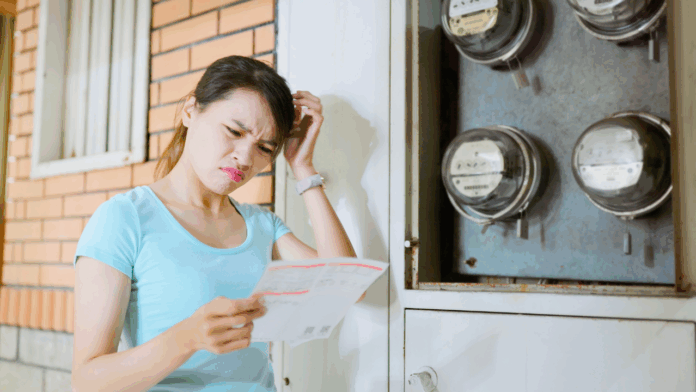Electricity is one of the most essential household utilities and often the largest portion of a Filipino family’s monthly expenses. Yet, unlike its Southeast Asian neighbors, the Philippine government offers no broad subsidy or financial relief to ease this burden.
In a recent conversation with former Philippine National Oil Company (PNOC) chief technical consultant Arwin Lawas Ardon, we explored why Filipino consumers continue to shoulder the full cost of generation, transmission, taxes, and even system inefficiencies.
He points to one singular issue: the Philippine government offers no form of subsidy – popularly known as “ayuda” – to the energy consumer.
“In the Philippines, we do not subsidize electricity. Whatever the cost is—generation, transmission, distribution, VAT, system loss—that’s what’s charged to the consumer. We pass everything on,” Ardon, also a former energy consultant to the Department of Energy (DOE), said.
His claim isn’t unfounded.
In 2022, the Philippine Center for Investigative Journalism reported that the country ranks second in the ASEAN region with the highest electricity rates, second only to Singapore.
While a majority of our ASEAN neighbors have subsidies designed to lessen the burden of consumers in paying increasing prices, data from the DOE itself shows a contrast:
In Indonesia, there are ongoing residential electricity subsidies by the state-owned utility.
In Malaysia, gas for electricity generation is sold to utilities at cheaper, below-market prices.
In Thailand, the Feed-in Tariff paid by the government encourages the use of renewable energy, creating more investment in the sector and allowing them not to be hit by changes in fuel costs.
In Vietnam, the government has set commercial and industrial consumers to be charged higher to help offset the cost of providing electricity to low-income and rural households.
Now the question remains: when will the Philippines do this?
Sadly, it looks unlikely.
According to a report by the Philippine Star, while on the sidelines of the 2025 BusinessWorld Economic Forum, Energy Undersecretary Rowena Cristina Guevara said that the only subsidy in the Philippine energy sector is the Universal Charge for Missionary Electrification (UCME), a system that provides electricity to far-flung areas.
But when it comes to subsidies for the general public, the DOE says it’s unlikely, considering the country doesn’t have the fiscal capability to do so.
At the same forum, Guevara suggests that in order to subsidize electricity prices in the country, the government would need close to ₱600 billion in funding.



